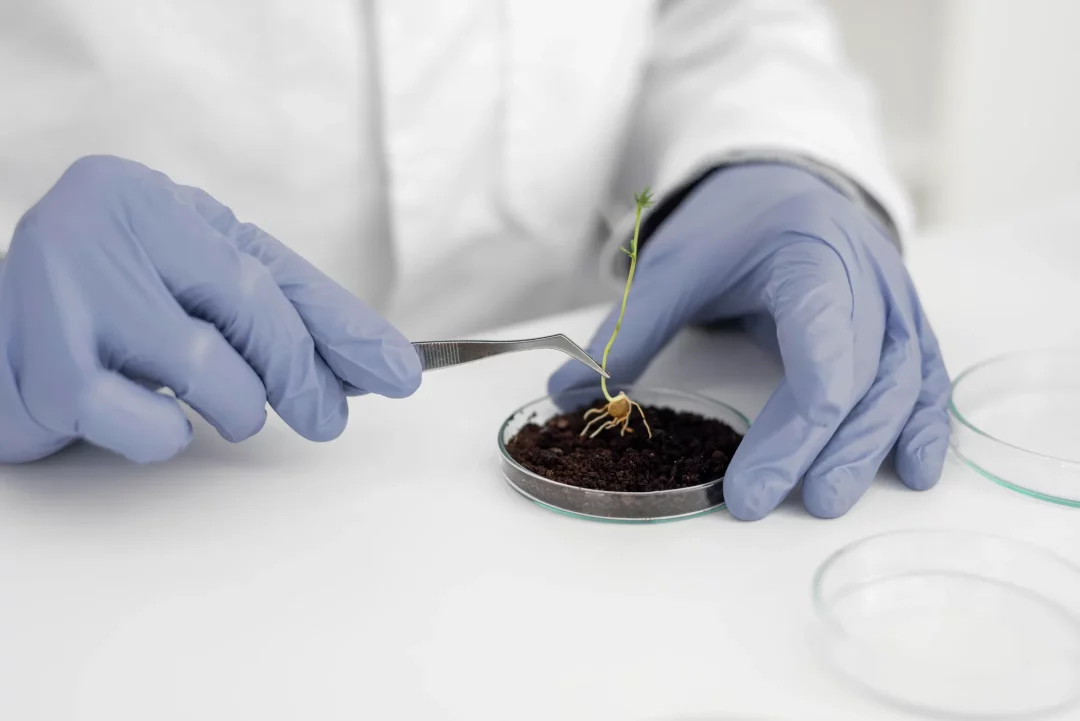Soil Agrochemical Analysis Service – work smarter, more precisely, and more efficiently with detailed soil information, avoiding unnecessary or incorrect actions! Soil indicators are essential for analyzing and assessing the sustainability of soil use as a production resource.
By carrying out agrochemical analysis, a farmer gains information on:
-
Soil fertility
-
Soil composition
-
Organic matter content
-
Soil acidity (pH) level (optimally adjusted pH is a prerequisite for better nutrient availability for plants and, consequently, higher yields)
-
Content of plant nutrients (P₂O₅, K₂O, Ca, Mg, S-SO₄, B, Zn, Mn, Cu, Fe, Na) — to prepare a tailored and efficient fertilization plan
-
Liming and fertilization recommendations
-
Suitability for growing specific crops
Once a farmer submits a request, the fields are divided into sampling areas based on soil type, texture, and data from the Latvian soil map or satellite biomass maps. The area and boundaries of sampling plots are agreed upon with the farmer depending on needs, field characteristics, and cultivation technologies.
Soil is sampled with a mechanical probe up to 20 cm deep, taking 15–20 cores per plot, which are combined into one composite sample. Samples are then delivered to the State Plant Protection Service or another accredited laboratory.
Analysis results are sent within a month after sampling. In addition to clear and easy-to-read results, the report includes:
-
Recommended liming rates for each plot to reach the desired soil pH
-
Fertilization recommendations
If required, soil test results can also be entered into the Agricultural Land Management System (LIZ).
Important to know! A field must not be fertilized with phosphorus or potassium fertilizers for one month before sampling, and it must not be limed or fertilized with organic fertilizers for at least six months before sampling. Samples can be taken at any time when the soil is not frozen or waterlogged. Repeated testing should preferably be carried out in the same season as before for consistency.
In sensitive areas, soil agrochemical analysis must be performed at least once every five years, and in other areas at least once every seven years. However, from a crop production perspective, shorter intervals (e.g., every three years) are recommended.

